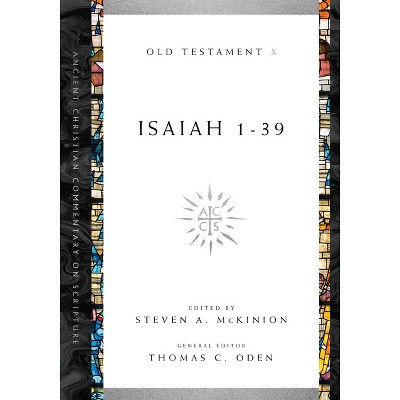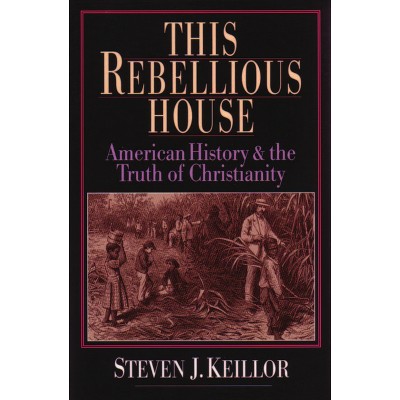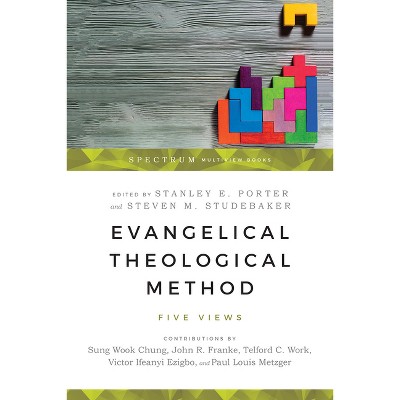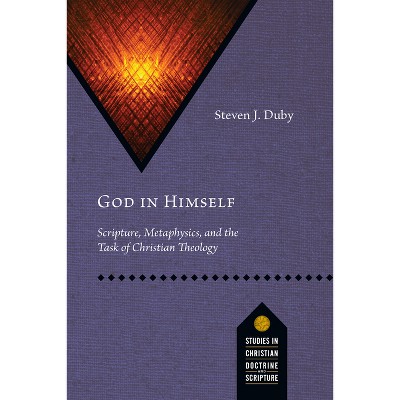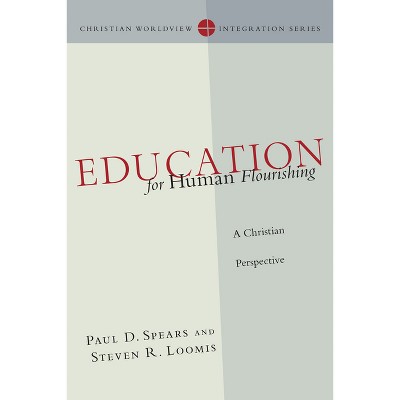About this item
Highlights
- Does the Bible teach that God's foreknowledge is exhaustive and infallible?Does Scripture affirm that God foreknows the free decisions of human beings?Current debates over the extent of God's foreknowledge, argues Steven C. Roy, have not given sufficient consideration to the complete biblical revelation.
- About the Author: Steven C. Roy (Ph.D., systematic theology) is associate professor of pastoraltheology at Trinity Evangelical Divinity School in Deerfield, Illinois.
- 312 Pages
- Religion + Beliefs, Biblical Studies
Description
About the Book
Steven C. Roy provides a comprehensive review of biblical teaching, from both Old and New Testaments, which provides the basis for critically engaging today's philosophical and theological debates.
Book Synopsis
Does the Bible teach that God's foreknowledge is exhaustive and infallible?Does Scripture affirm that God foreknows the free decisions of human beings?Current debates over the extent of God's foreknowledge, argues Steven C. Roy, have not given sufficient consideration to the complete biblical revelation. Seeking to correct this imbalance, Roy provides in-depth studies of dozens of key passages in both the Old and the New Testaments. Cognizant of the current debates between classical notions of divine foreknowledge and more recent "openness" views, Roy interacts incisively with their respective theological positions and draws out implications of biblical teaching for the practical matters of Christian worship, prayer, guidance, suffering and evil, and ultimate hope in the triumph of God.
Review Quotes
. . .an important contribution to the age-old debate on divine foreknowledge. . . .interesting and easily readable.
--Martha Duah, Andrews University Seminary Studies, Spring 2008"Steve Roy's How Much Does God Foreknow? is a careful, balanced and persuasive defense of God's comprehensive knowledge of the future in the face of the challenge posed by 'open theism.' He demonstrates that the historic Christian view is both well grounded in Scripture and more pastorally adequate than its alternatives. I heartily recommend it to pastors, students, seminarians and the church at large."
--John Jefferson Davis, Professor of Systematic Theology, Gordon-Conwell Theological SeminaryAbout the Author
Steven C. Roy (Ph.D., systematic theology) is associate professor of pastoraltheology at Trinity Evangelical Divinity School in Deerfield, Illinois. Prior to coming to Trinity, he was a pastor for twelve years and taught in Cameroon, West Africa.
Shipping details
Return details
Trending Poetry







